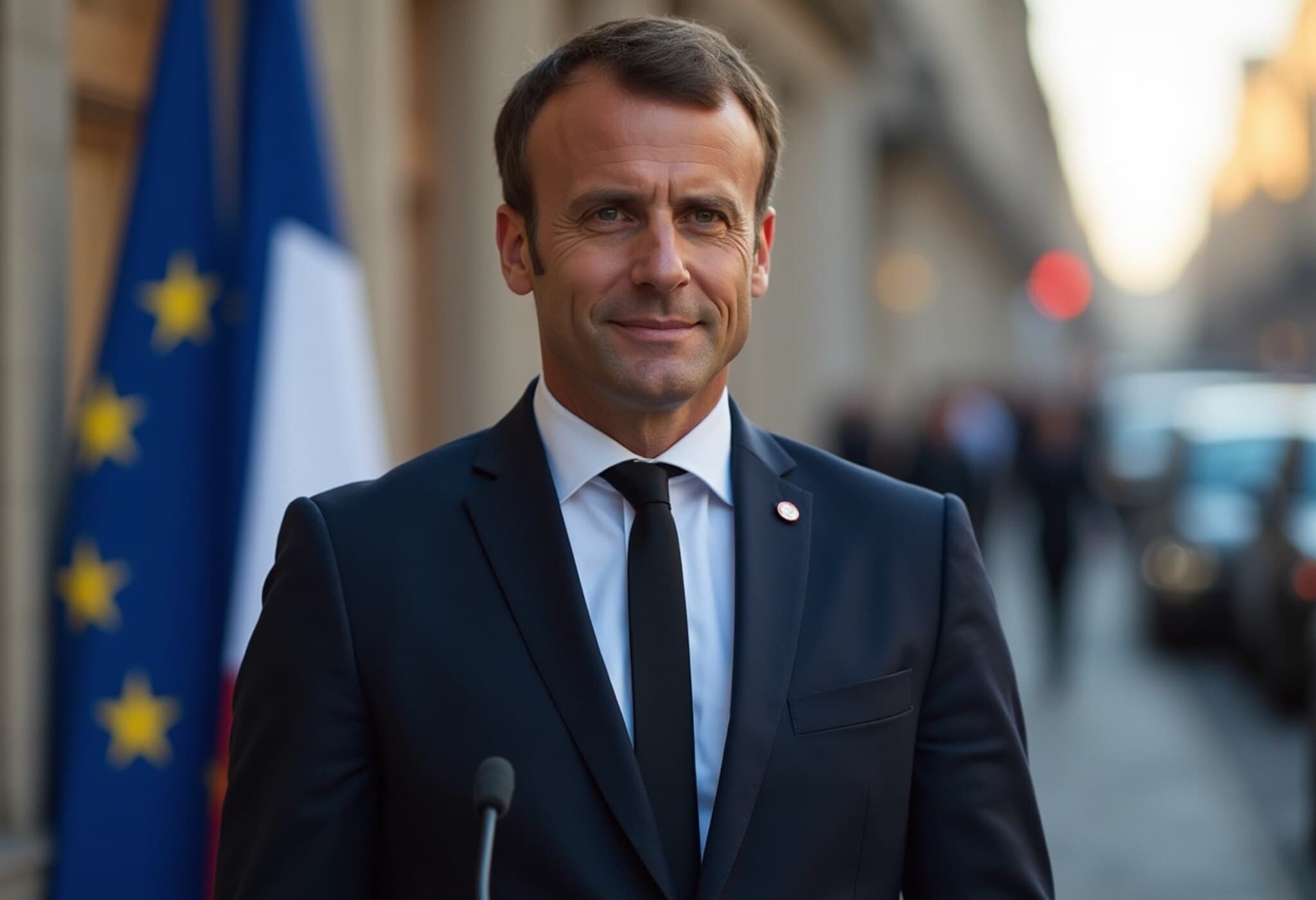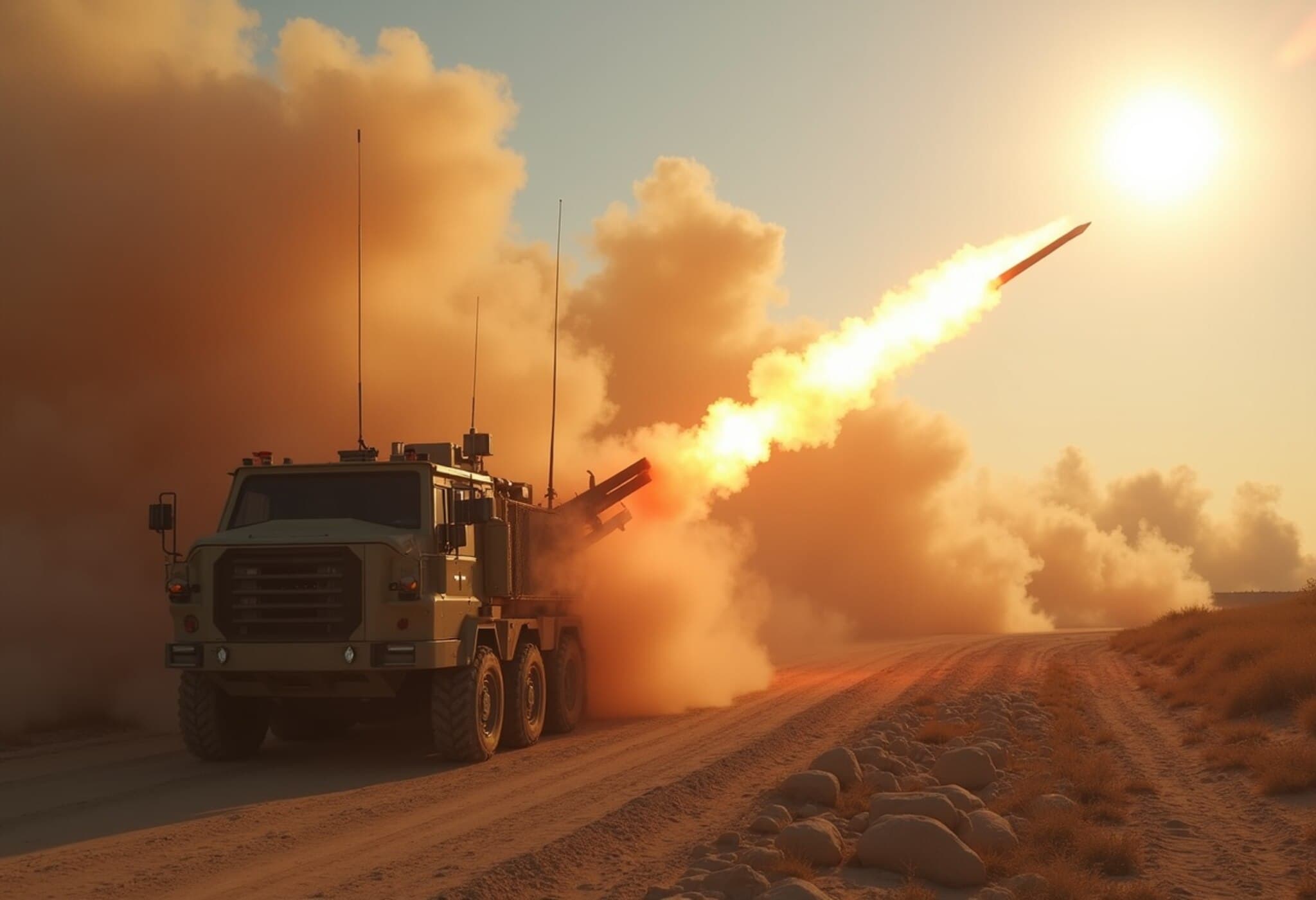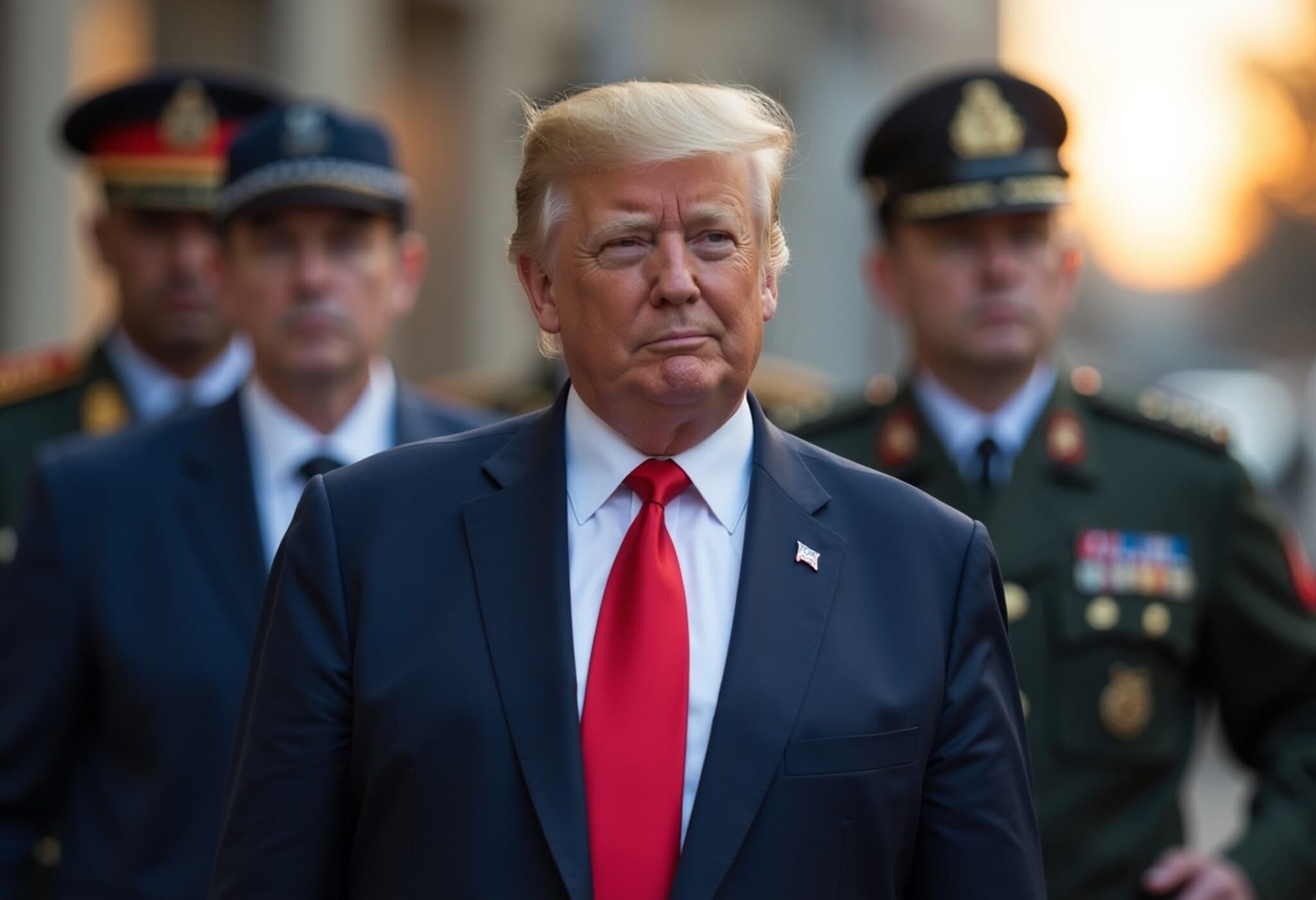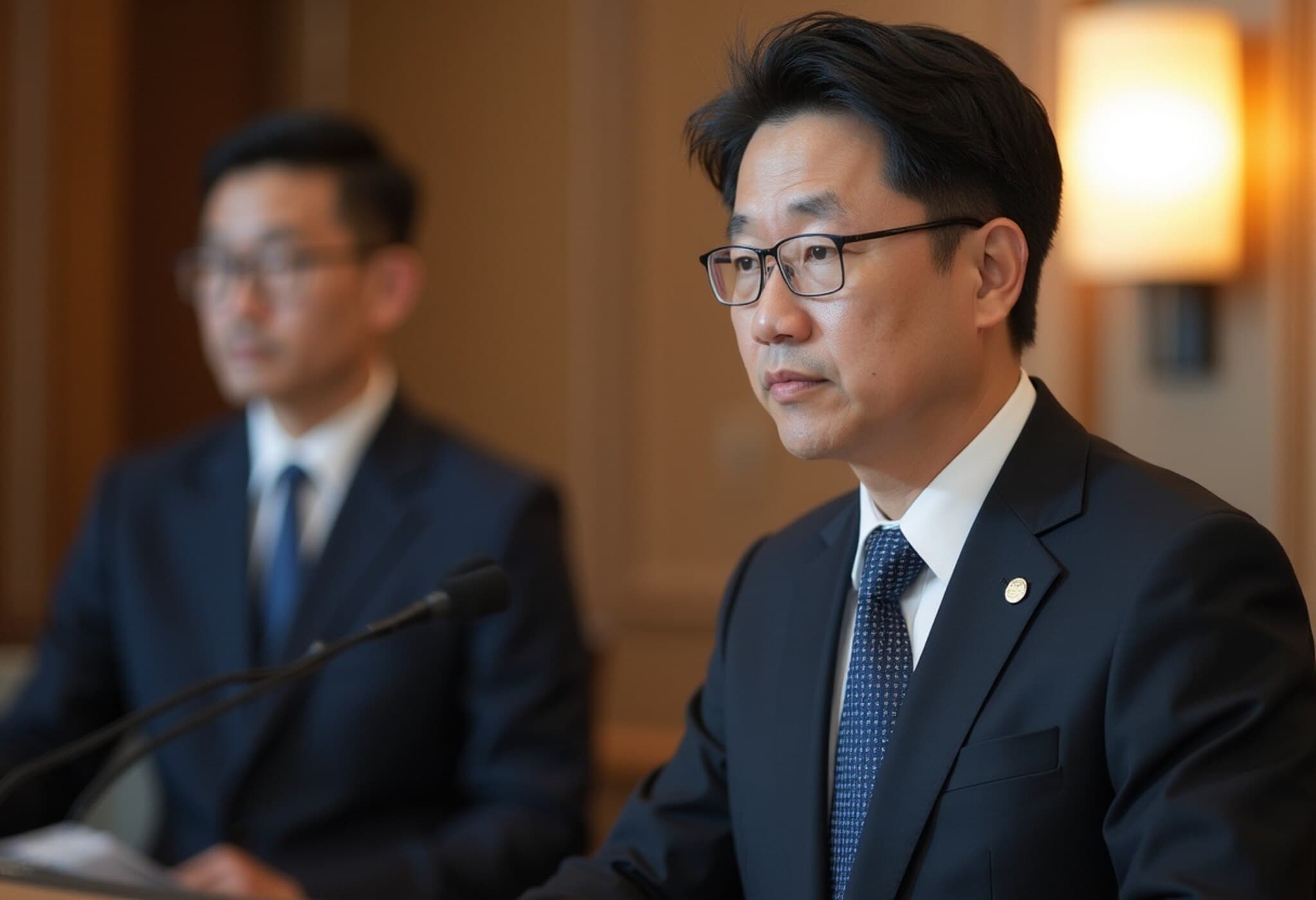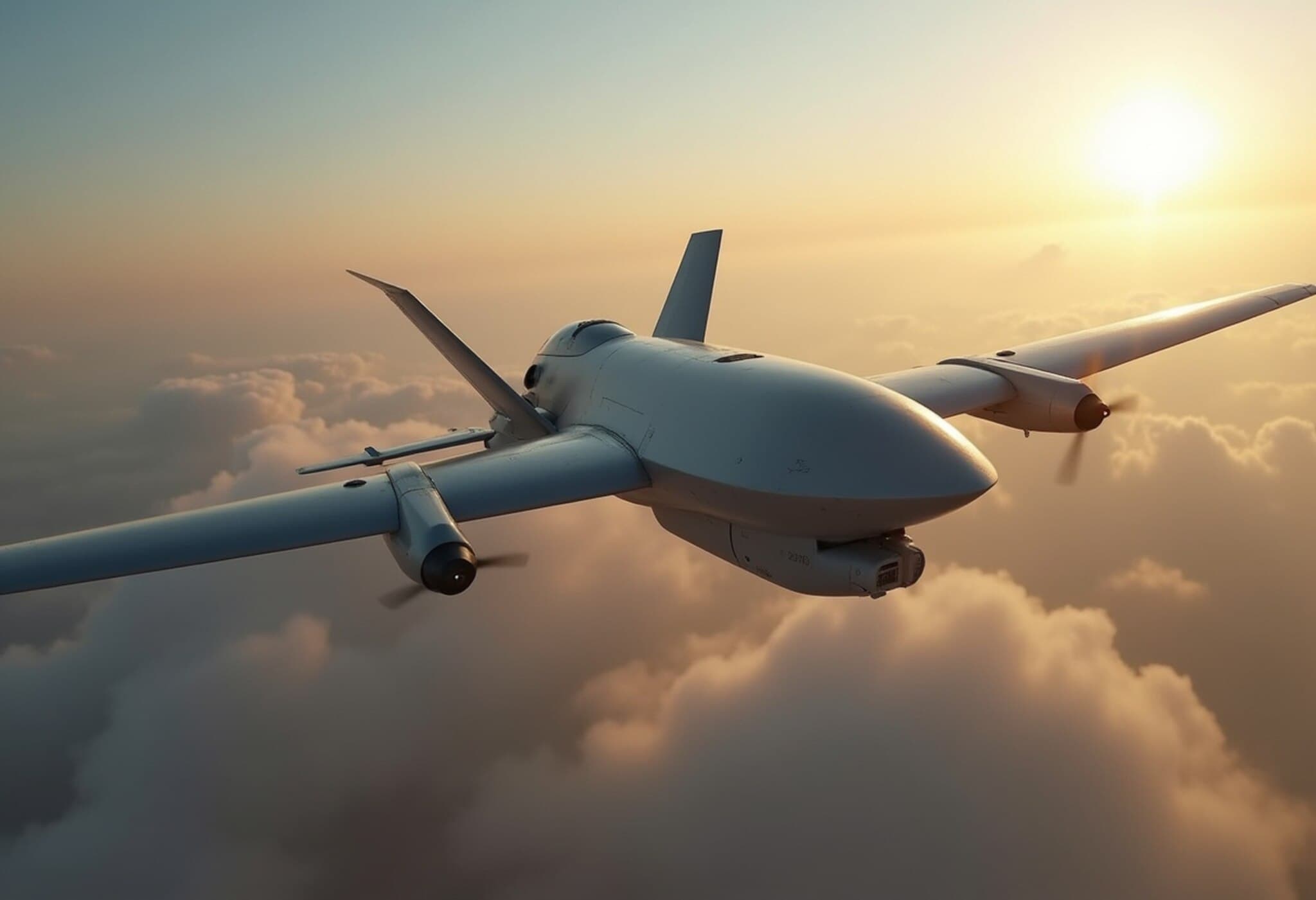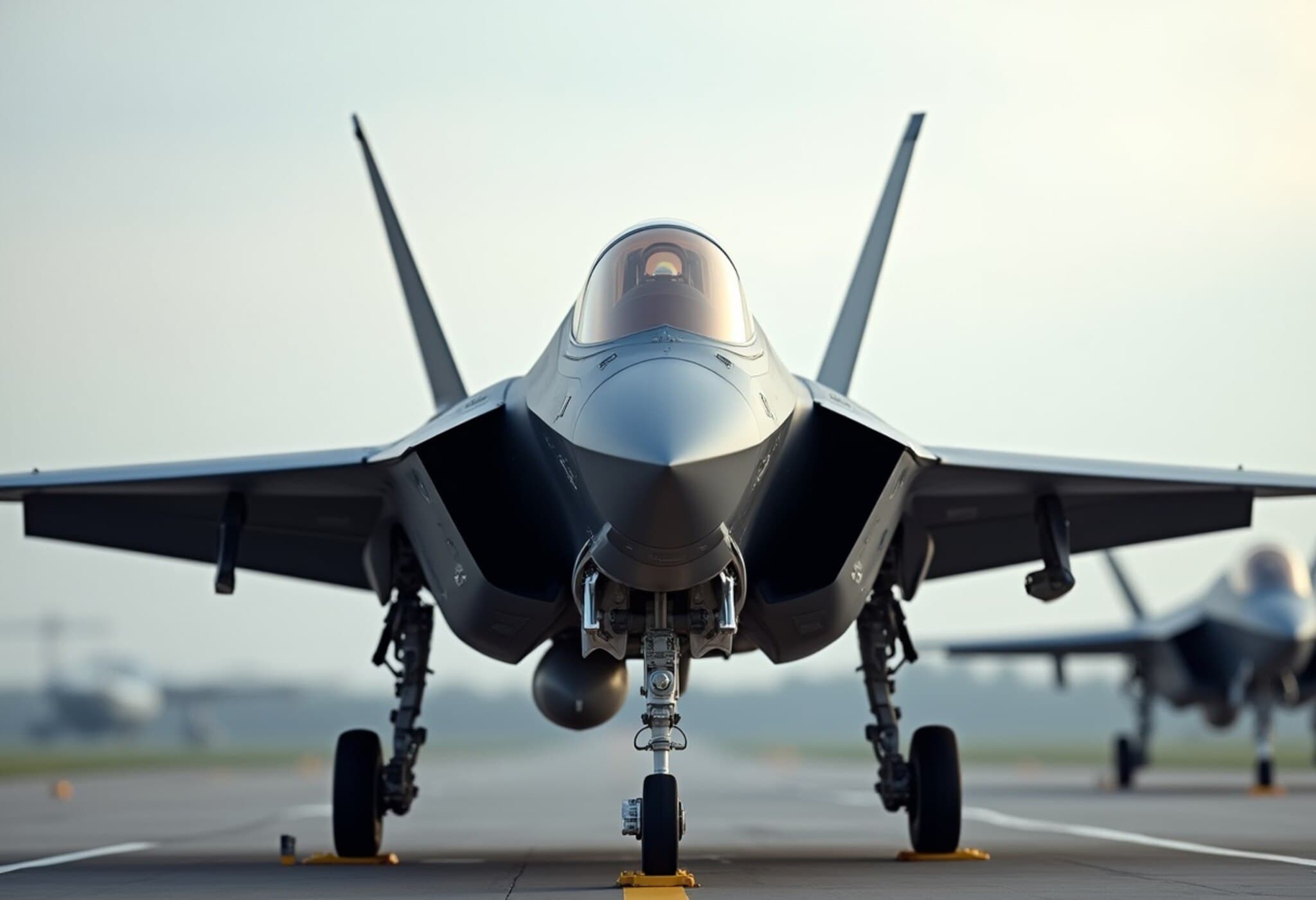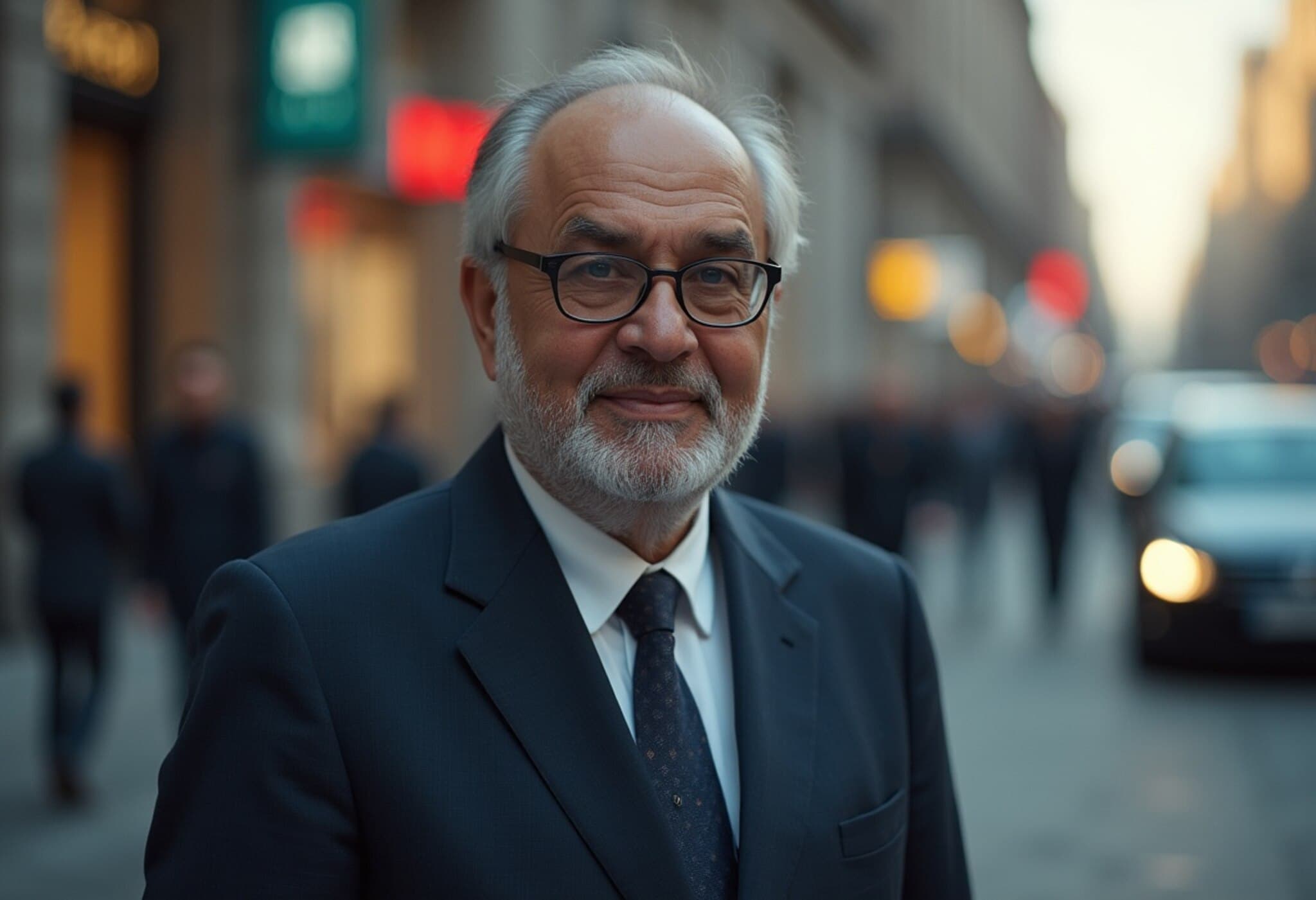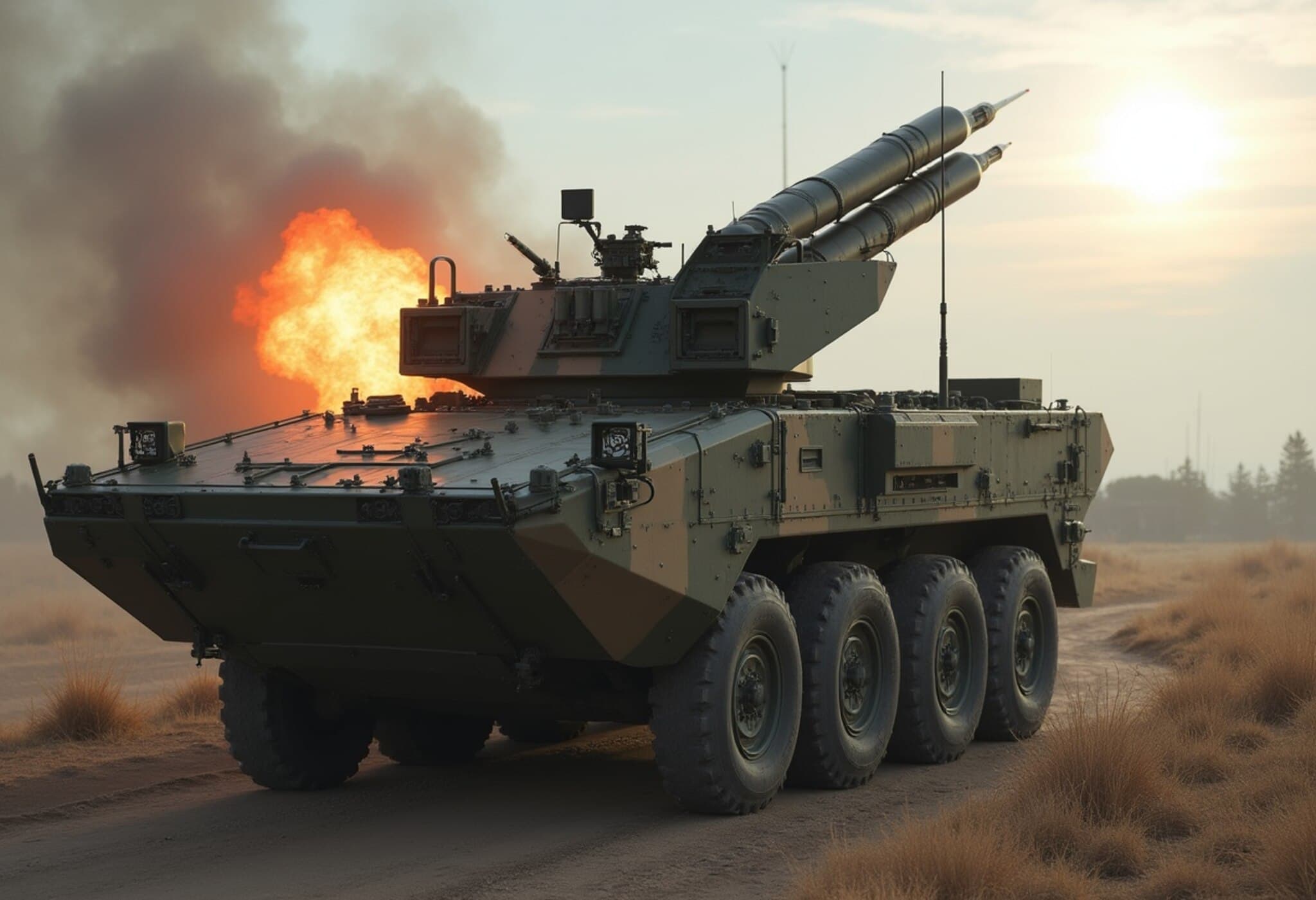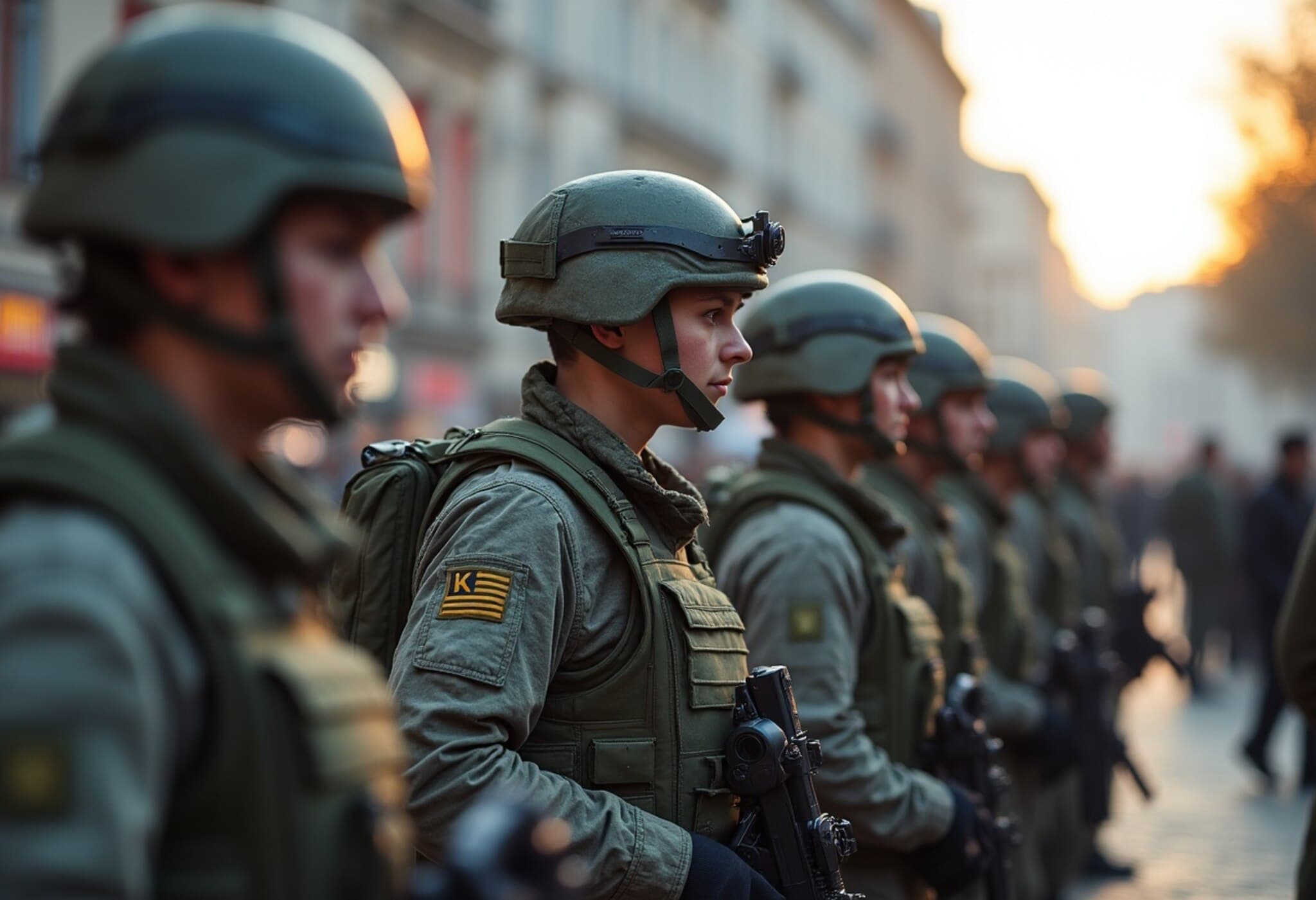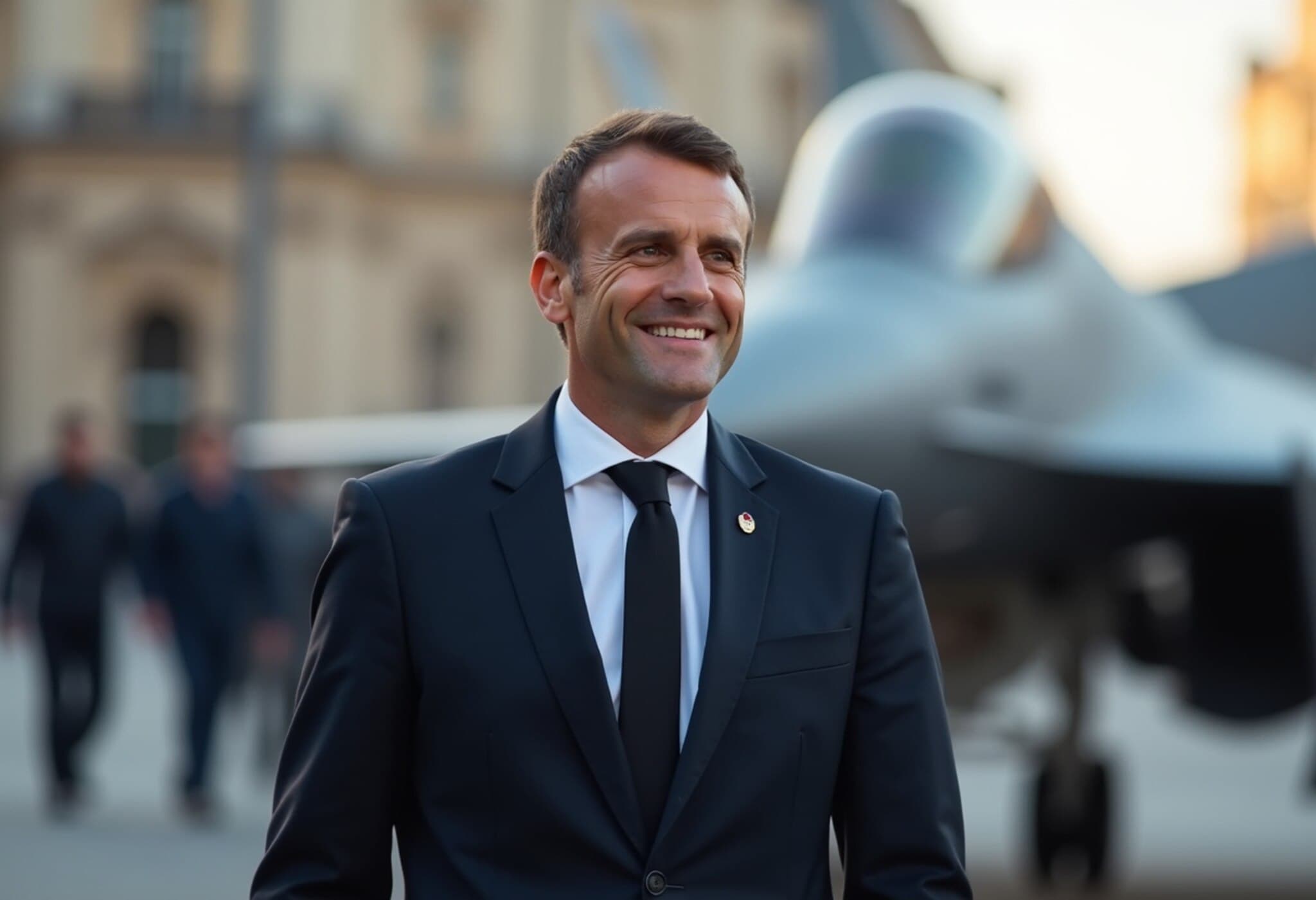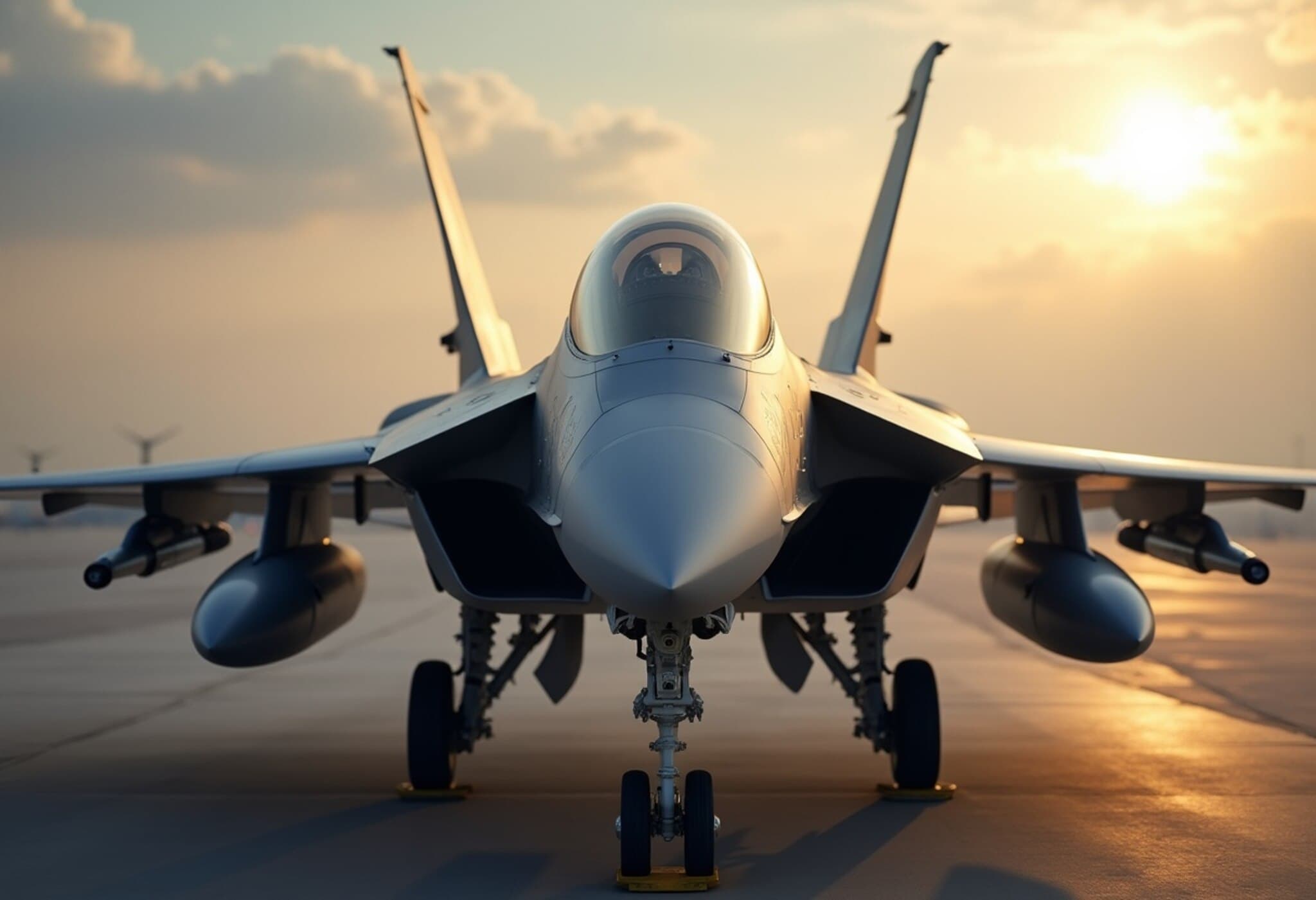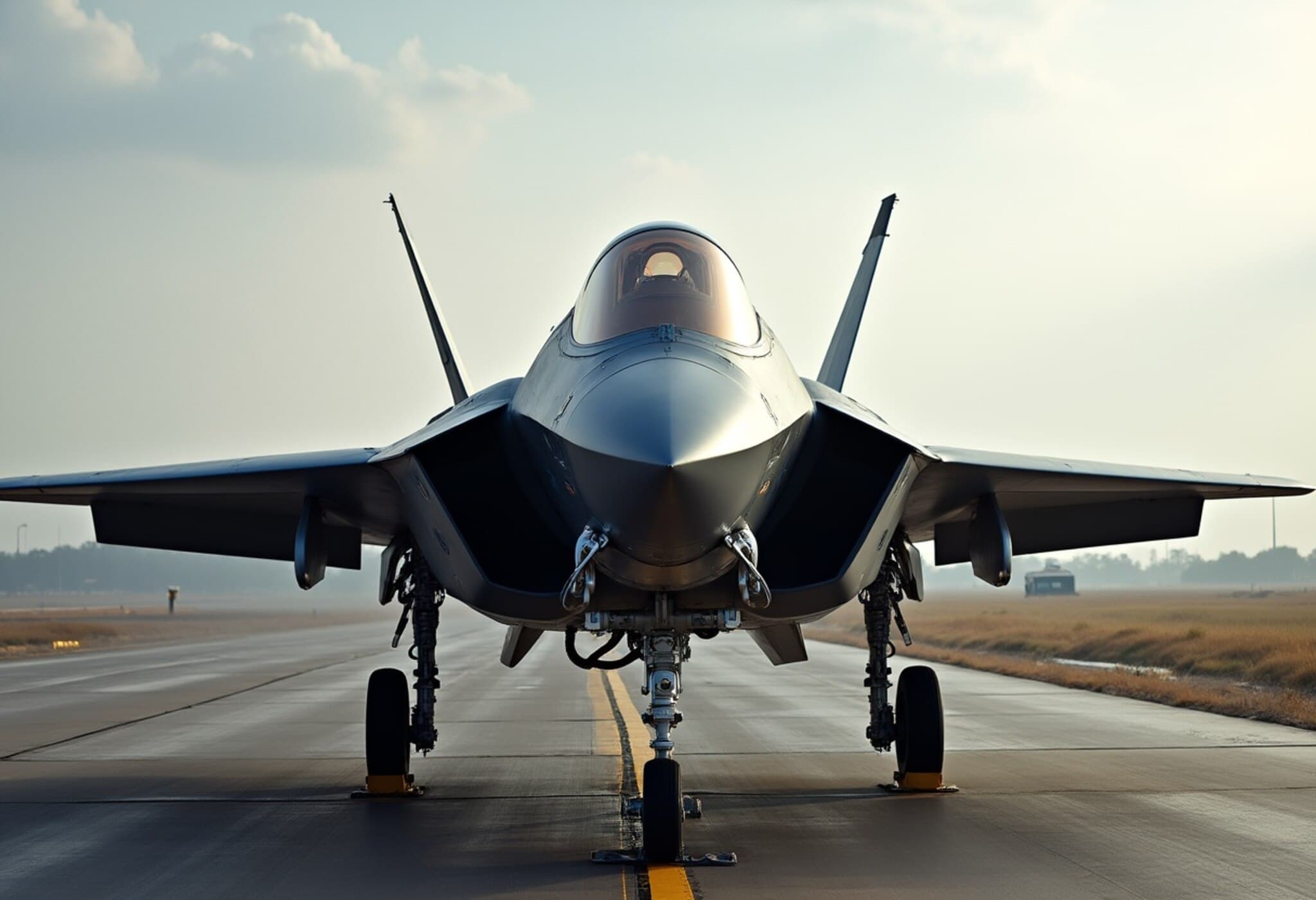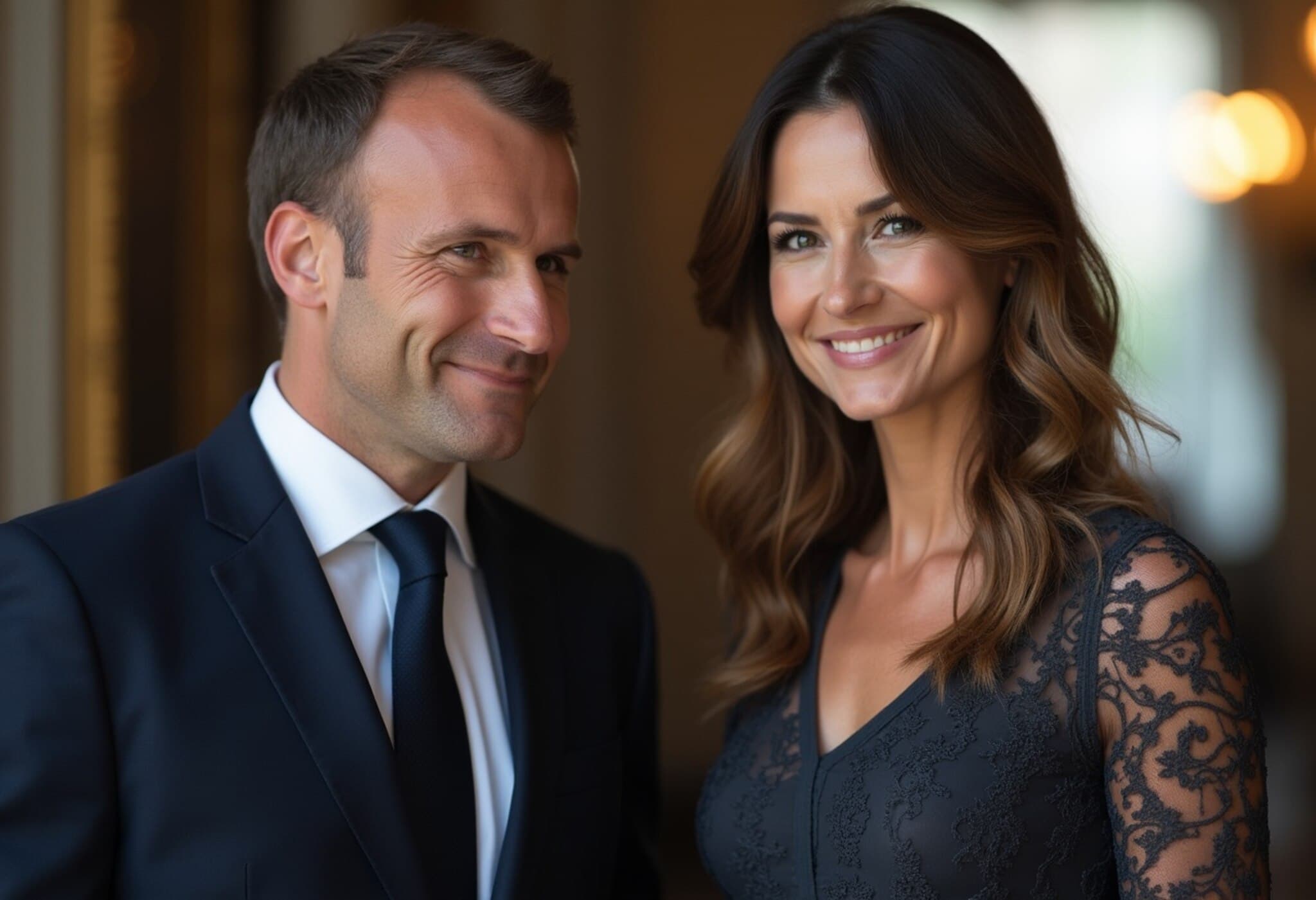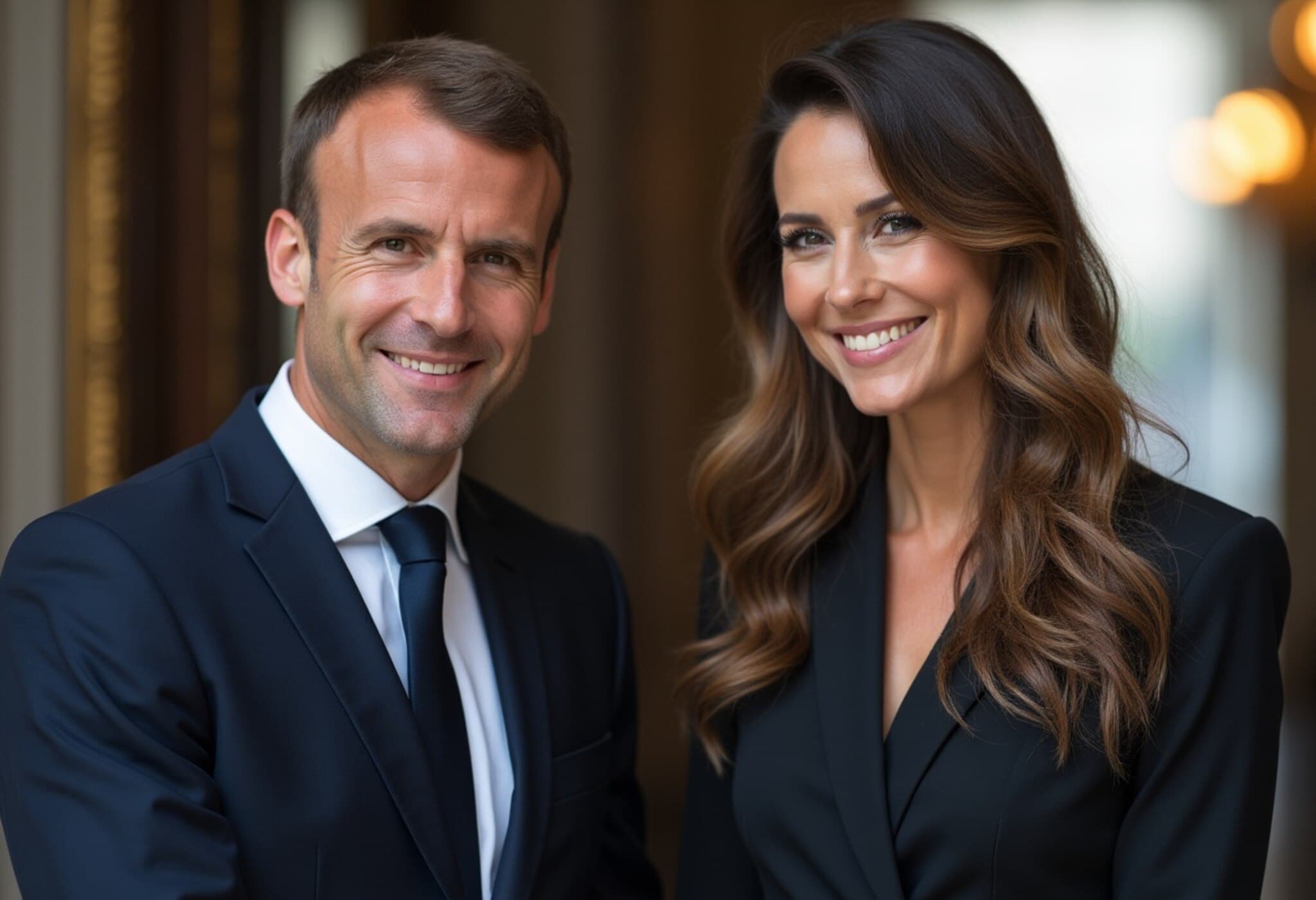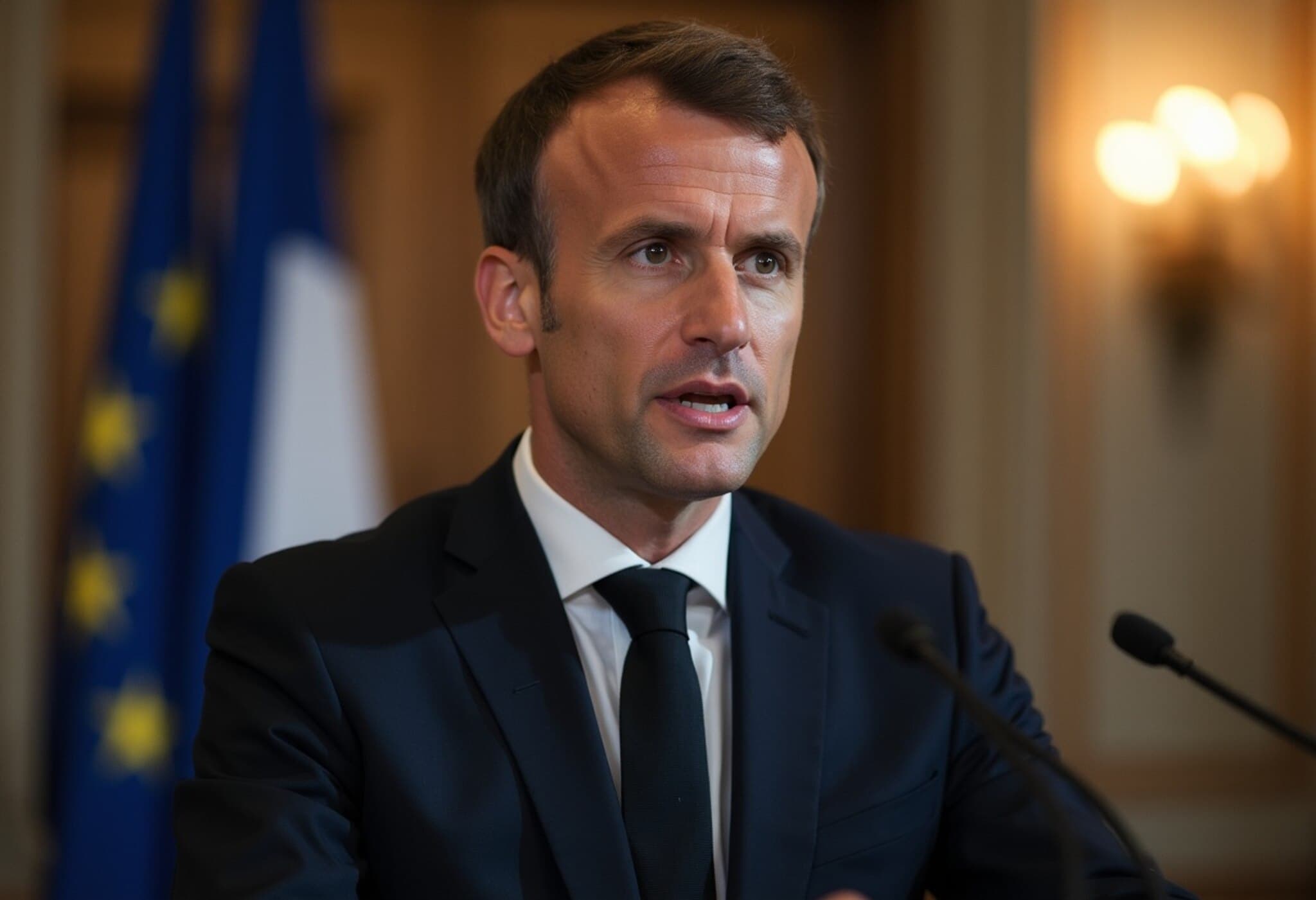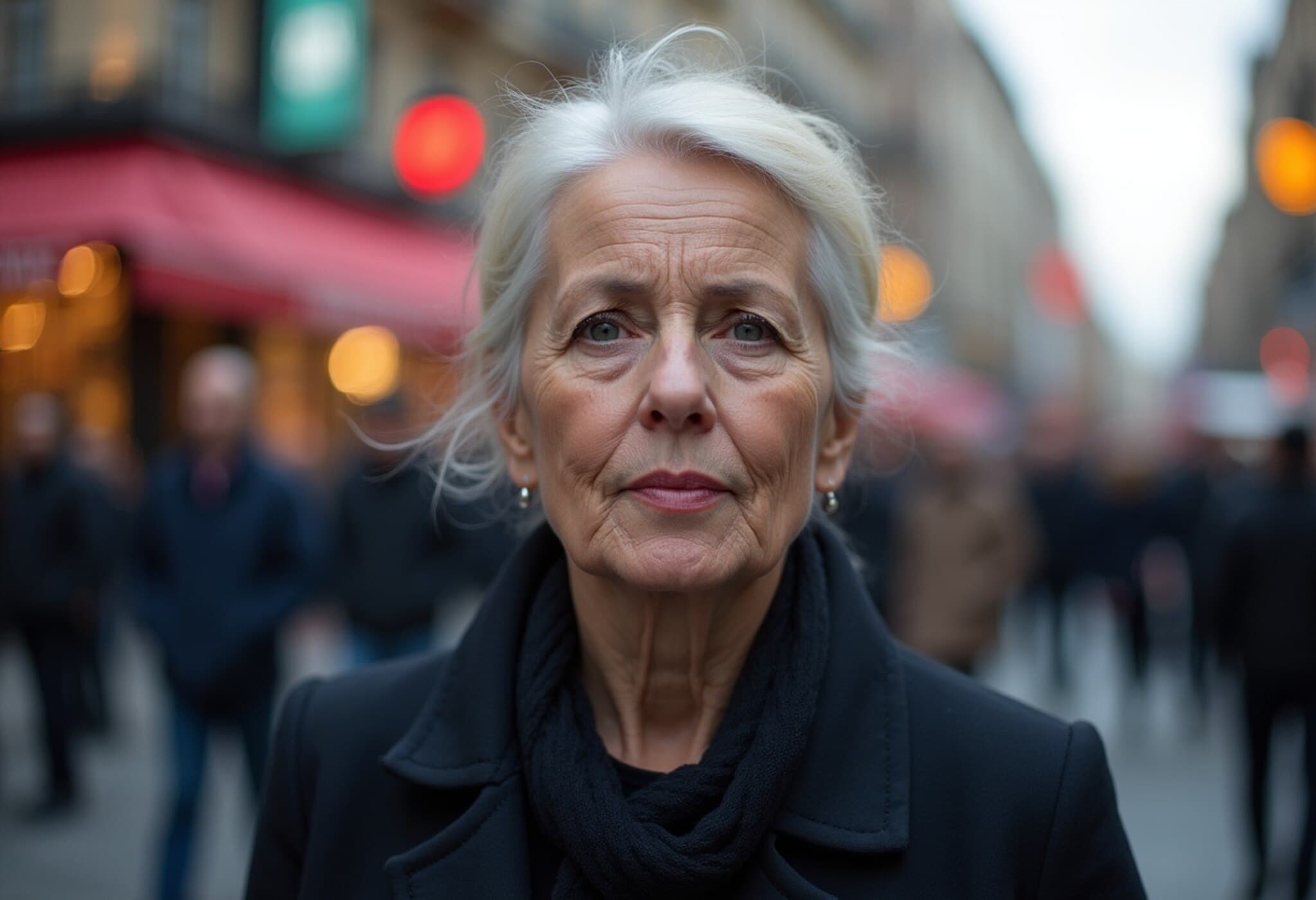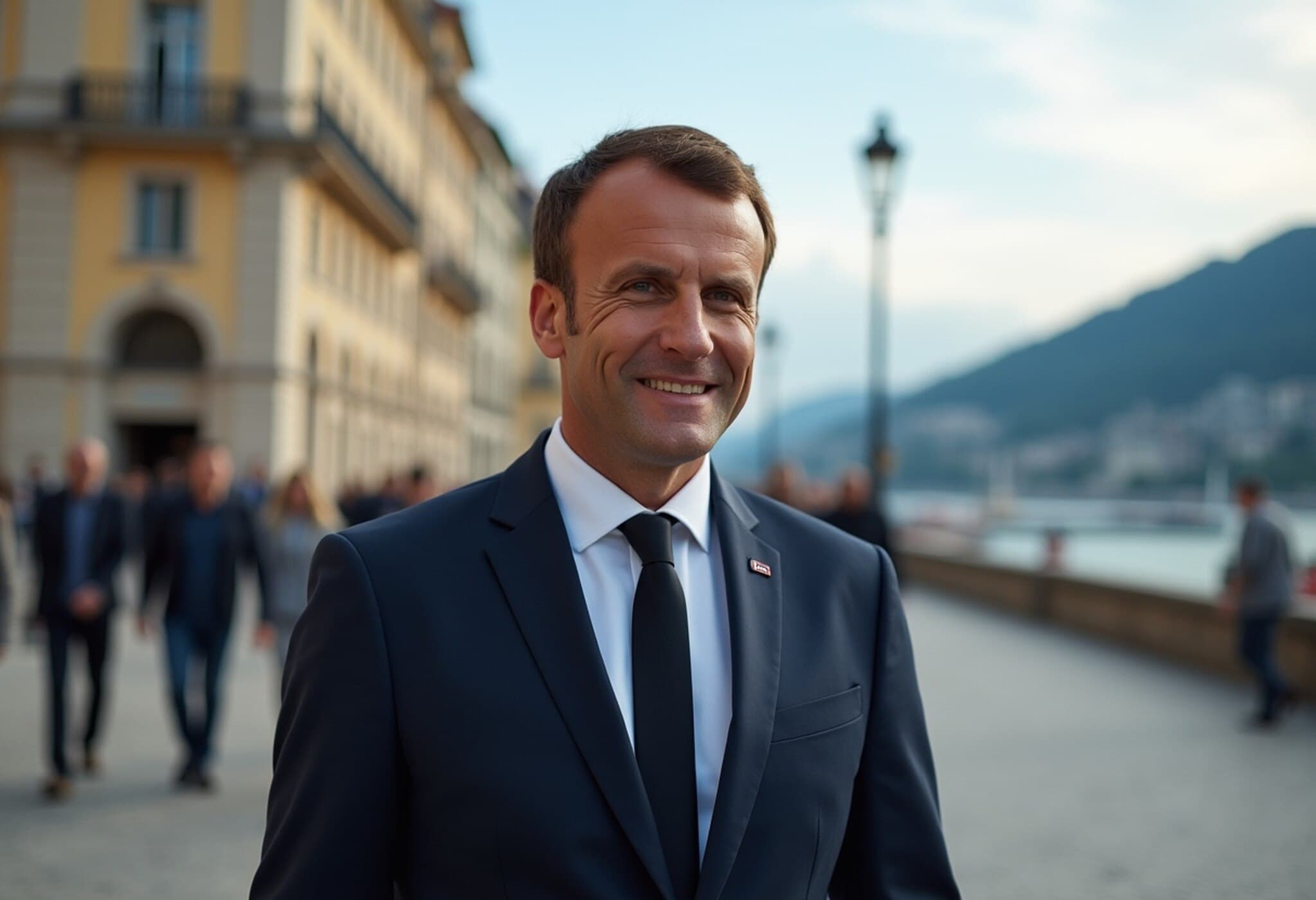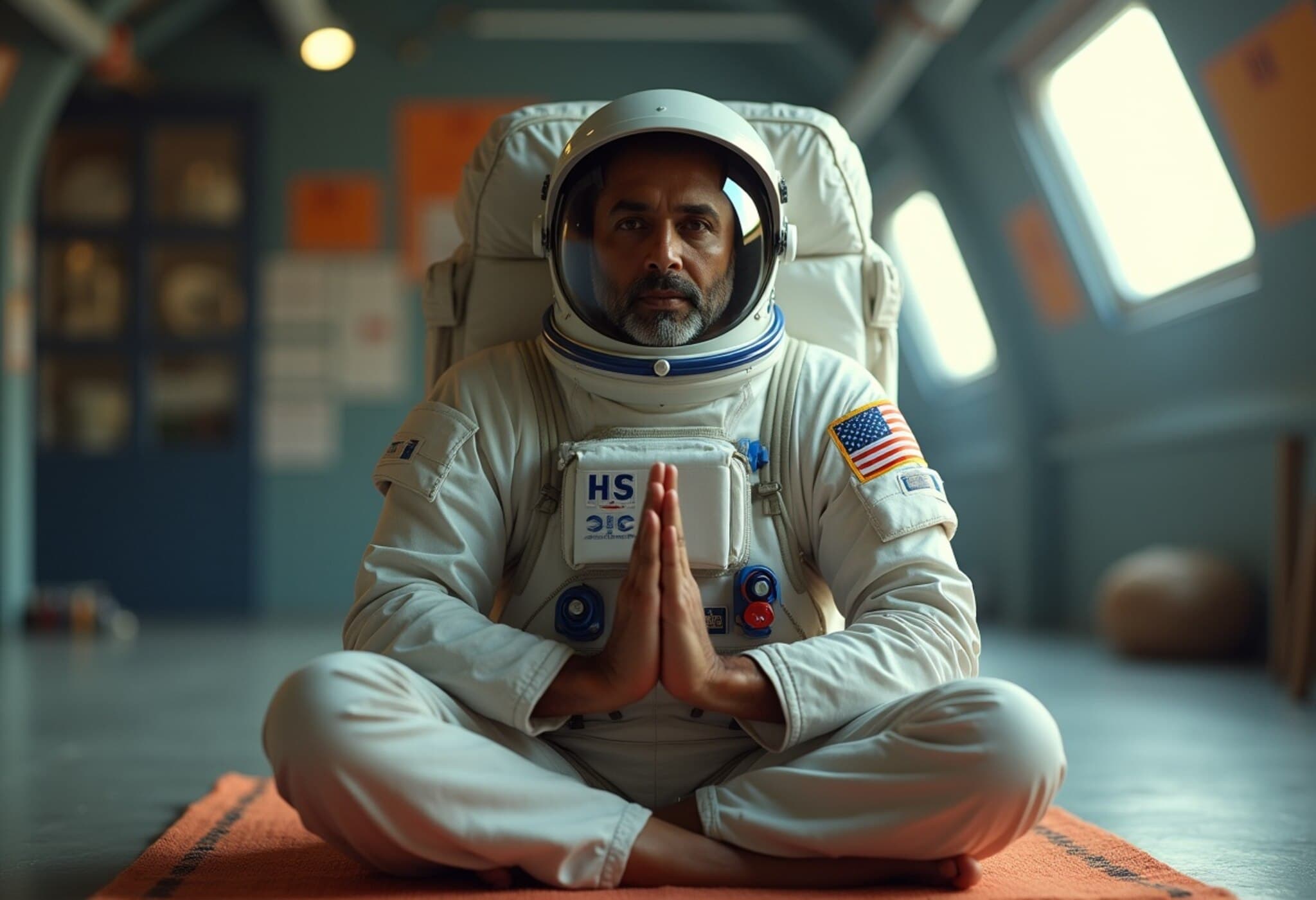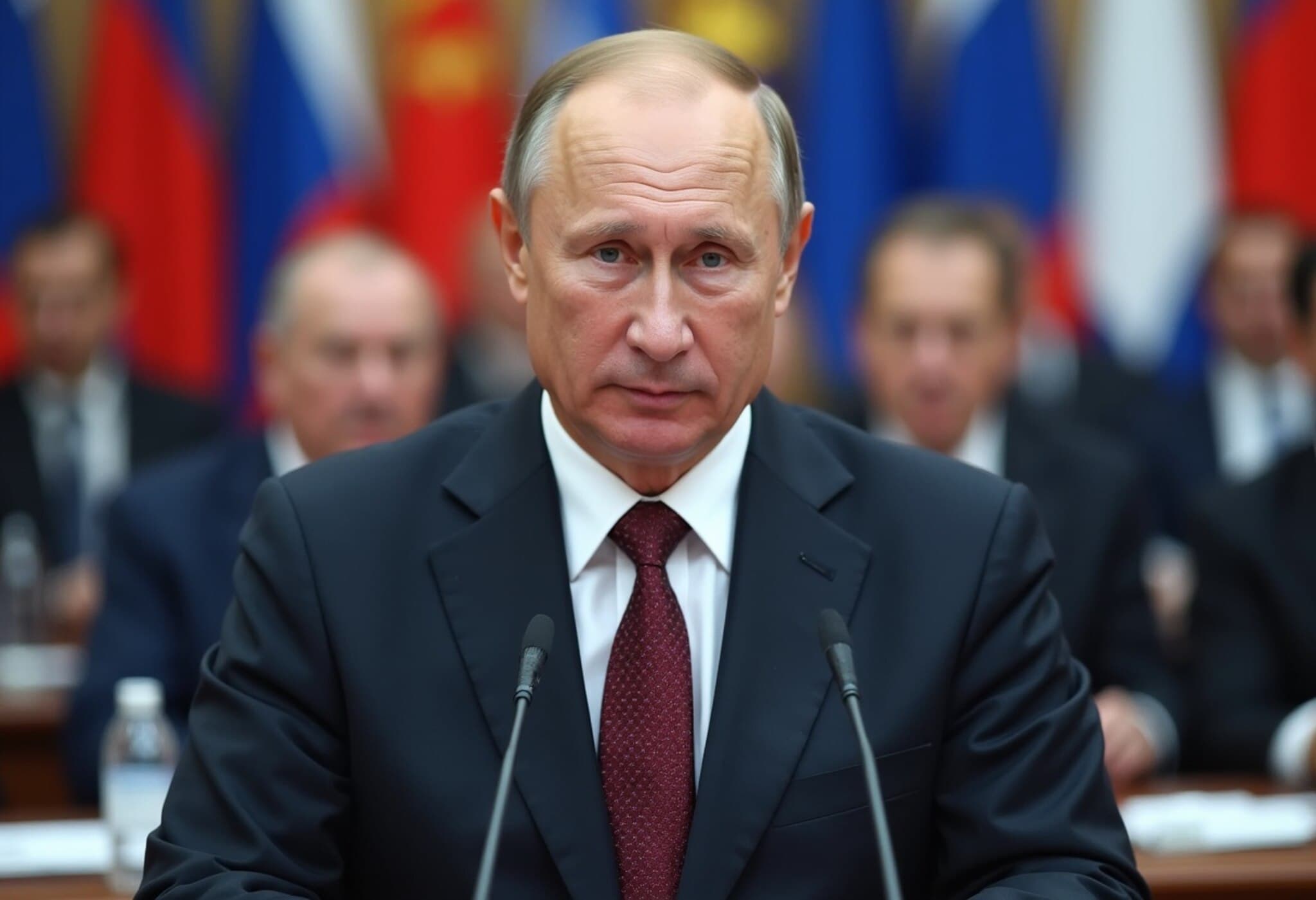Macron's Call for European Defence Independence
French President Emmanuel Macron recently sent a striking message to Europe through a playful yet pointed post on X: the Rafale fighter jet is calling. Accompanied by an image of the Rafale soaring above rugged terrain, Macron’s message was clear — Europe needs to bolster its shared defence capabilities and take control over its own security decisions.
This call for military self-reliance gains urgency against the backdrop of ongoing tensions like Russia’s war in Ukraine and the wavering US commitment under previous US administrations. Macron’s push encourages European nations to move beyond reliance on American military hardware and foster homegrown defence independence.
The Rafale: A Symbol of European Military Sovereignty
The Rafale jet stands as an emblem of European defence autonomy. Developed and manufactured primarily in France, this 4.5-generation multirole fighter excels in both air dominance and ground attack missions.
- Equipped with advanced weapons such as the Meteor beyond-visual-range air-to-air missile, capable of engaging targets 150 km away.
- Armed with the SCALP cruise missile, boasting a 300 km strike range.
- Features the versatile MICA missile that enhances air combat capabilities.
Despite the Rafale’s impressive capabilities, many European countries continue to favor the American F-35 stealth fighter — a more expensive, fifth-generation aircraft. Nations including Poland, Finland, the UK, Germany, Italy, and several others have invested heavily in the F-35, despite well-documented technical challenges and operational setbacks.
European Choices: Rafale vs. F-35
For example, Poland secured 32 F-35s at a cost of approximately US$4.6 billion, while Finland’s purchase of 64 F-35 jets totals around US$9.4 billion. Many European air forces rely on the F-35, though the platform has faced reliability issues, such as extended maintenance downtime logged by a British F-35 at an Indian airport.
Meanwhile, the Rafale has seen combat effectiveness proven through deployment by the Indian Air Force, including operations responding to terrorist attacks.
Mobilizing for a Unified European Defence
Macron’s “Rafale calling” post isn’t just symbolic; it reflects his broader ambition of pooling resources to foster a robust, independent European military framework. Ahead of a controversial summit, he advocated for massive joint investments potentially totaling hundreds of billions of euros to develop a collective strategic defence infrastructure.
He warned that the era of unquestioned American military support is waning, emphasizing Europe’s urgent need to prepare its own capabilities. By scaling production of European defence equipment, costs could decrease, and a self-sustaining security ecosystem could take root.
Macron’s stance echoes that of German leaders keen on reducing dependence on US military aid, signaling a potential shift toward a more unified and autonomous European defence posture.
Looking Ahead
The debate over Europe’s defence future continues amid geopolitical uncertainties. Macron’s appeal via the Rafale jet underscores the desire for a Europe capable of shaping its destiny without overreliance on external powers. Whether member states embrace this vision remains to be seen, but the conversation is increasingly urgent and pivotal for continental security.

